The gaming industry has undergone a fascinating transformation over the past decade, with titles growing increasingly longer and more content-rich. While this might seem like a win for players looking to maximize their entertainment value, former Starfield lead designer Will Shen has some thought-provoking insights about this trend.
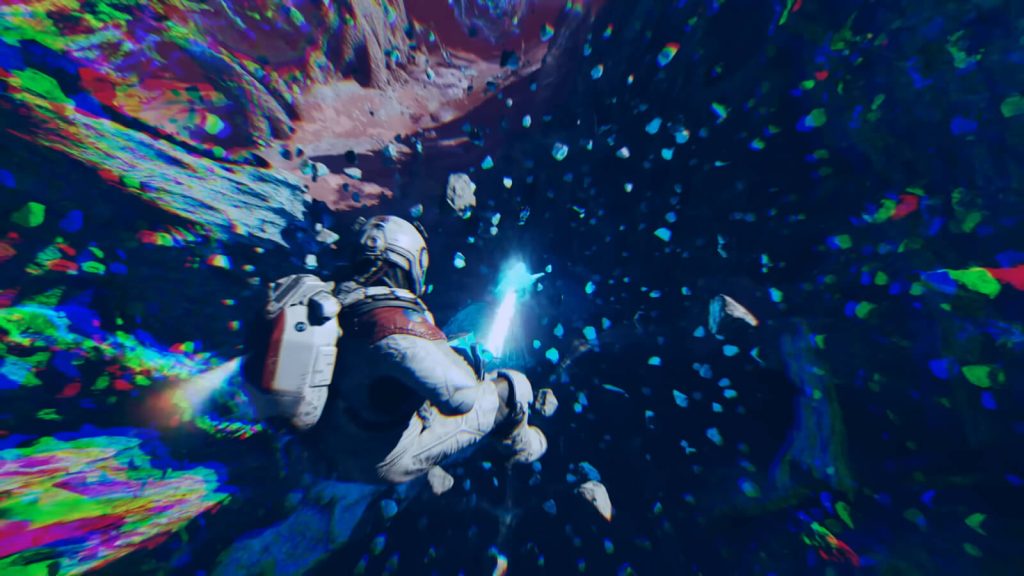 Remember when games knew when to say goodbye? | Image Credit: Bethesda
Remember when games knew when to say goodbye? | Image Credit: BethesdaIn a recent interview on Kiwi Talkz, the veteran developer, who spent over two decades designing sprawling RPGs at Bethesda, shared his perspective on how games like Skyrim and Fallout may have inadvertently shaped—and perhaps complicated—the industry’s approach to game length.
As the conversation around “bigger = better” continues to evolve, Shen’s candid observations offer a unique glimpse into how we got here, and more importantly, whether this trajectory is sustainable for both developers and players alike.
How Skyrim and Fallout changed the game
Remember when games were like well-portioned meals, with a clear beginning, middle, and end? Before Skyrim and Fallout came along and turned everything into an all-you-can-eat buffet, only MMOs like World of Warcraft offered the “endless gameplay” experience—and they were like exclusive clubs with monthly membership fees.
Then Bethesda changed everything. The success of Skyrim and Fallout didn’t just transform the industry; it created a whole new paradigm for what players expect from video games. As Shen explains:
Part of what happened was the success of games like Skyrim and Fallout, these really big titles that you can play pretty much forever… and the idea of these Evergreen games that you could just spend thousands of plus hours into.
Suddenly, every developer was scrambling to stuff their games with content like they were trying to fit an elephant into a phone booth. Linear action games? Here’s a crafting system! Story-driven adventures? Have some collectibles! Horror games? Why not throw in some side quests about farming?

But as with any revolution, there were unexpected consequences. Shen’s next observation hits like a good ol’ arrow to the knee:
Most games that are 10 plus hours long, most people don’t finish and I would say 75% of your players only play through the first 5 to 10 hours. So that’s a huge fragmenting of your overall fan community base.
It’s a bit like buying a lifetime supply of pizza but only ever eating the first slice—which raises some interesting questions about what we really want from our games.
The growing pains of endless content
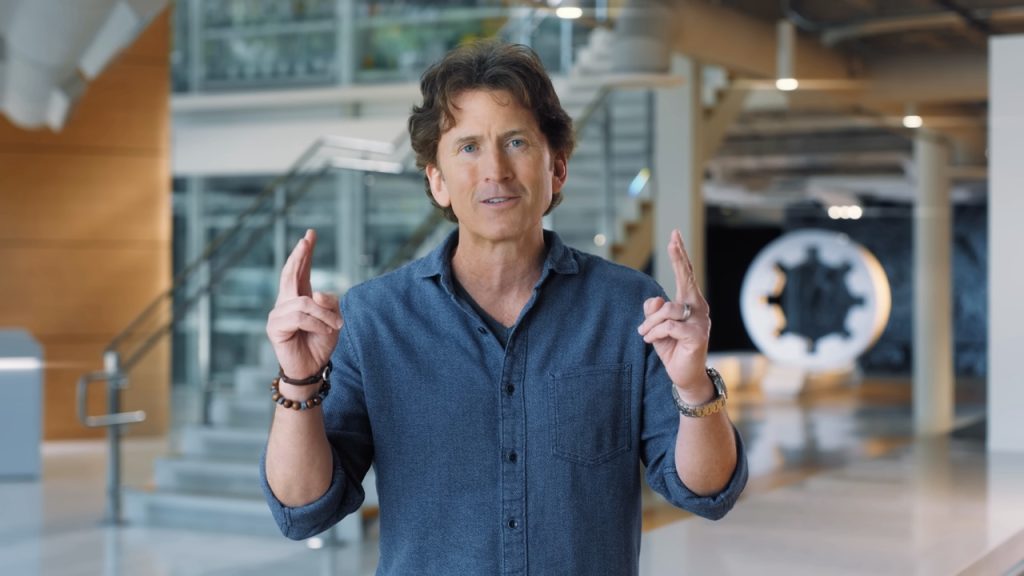 In other words, Todd Howard changed the game. | Image Credit: Bethesda
In other words, Todd Howard changed the game. | Image Credit: BethesdaModern games have become like that one friend who tells stories that never seem to end—you know they’re building to something, but your phone’s already buzzed with three TikTok notifications and your coffee’s getting cold. With today’s $70 price tags, players expect these endless experiences, even though their attention spans are being pulled in more directions than a Skyrim sweet roll in a room full of hungry guards.
This disconnect hasn’t gone unnoticed by other industry veterans, too. Back in 2019, Uncharted creator Amy Hennig pointed out the bizarre irony of crafting elaborate 50-hour narratives that most players would never see the end of. Fast forward to today, and Shen’s observations suggest the situation hasn’t improved:
A growing section of the audience is becoming fatigued at investing 30 plus, 100 plus hours into a game because they already have that—they already have the games that they will continually come back to.
The success of shorter, more focused experiences might be showing us a better way forward. As Shen notes, pointing to games like Mouthwashing:
Like I just played Mouthwashing—it’s only 3 hours long at most, it’s a very short exeperience—but part of the benefit of that is the community engagement around the story of Mouthwashing is only possible because everyone who is a fan has actually played through it all the way to the end.
It’s fascinating how different gaming markets approach this issue—while Western audiences often expect their games to last longer than a Scandinavian winter, Japanese players, for example, have traditionally embraced more concentrated experiences.
Maybe there is a sweet spot somewhere between “finished it in one sitting” and “might finish it before the heat death of the universe.” And perhaps, as players continue to vote with their time and wallets, some brave AAA developer will finally stumble upon that elusive middle ground.
Until then, we’ll keep adding side quests to our side quests, crafting tables to our horror games, and wondering why that 200-hour epic we bought last summer is still sitting in our backlog, giving us guilty eyes.
What do you think about the current state of game length? Are you finding it harder to complete longer games, or do you prefer having endless content to explore? Share your thoughts in the comments below!
.png)
 3 days ago
17
3 days ago
17
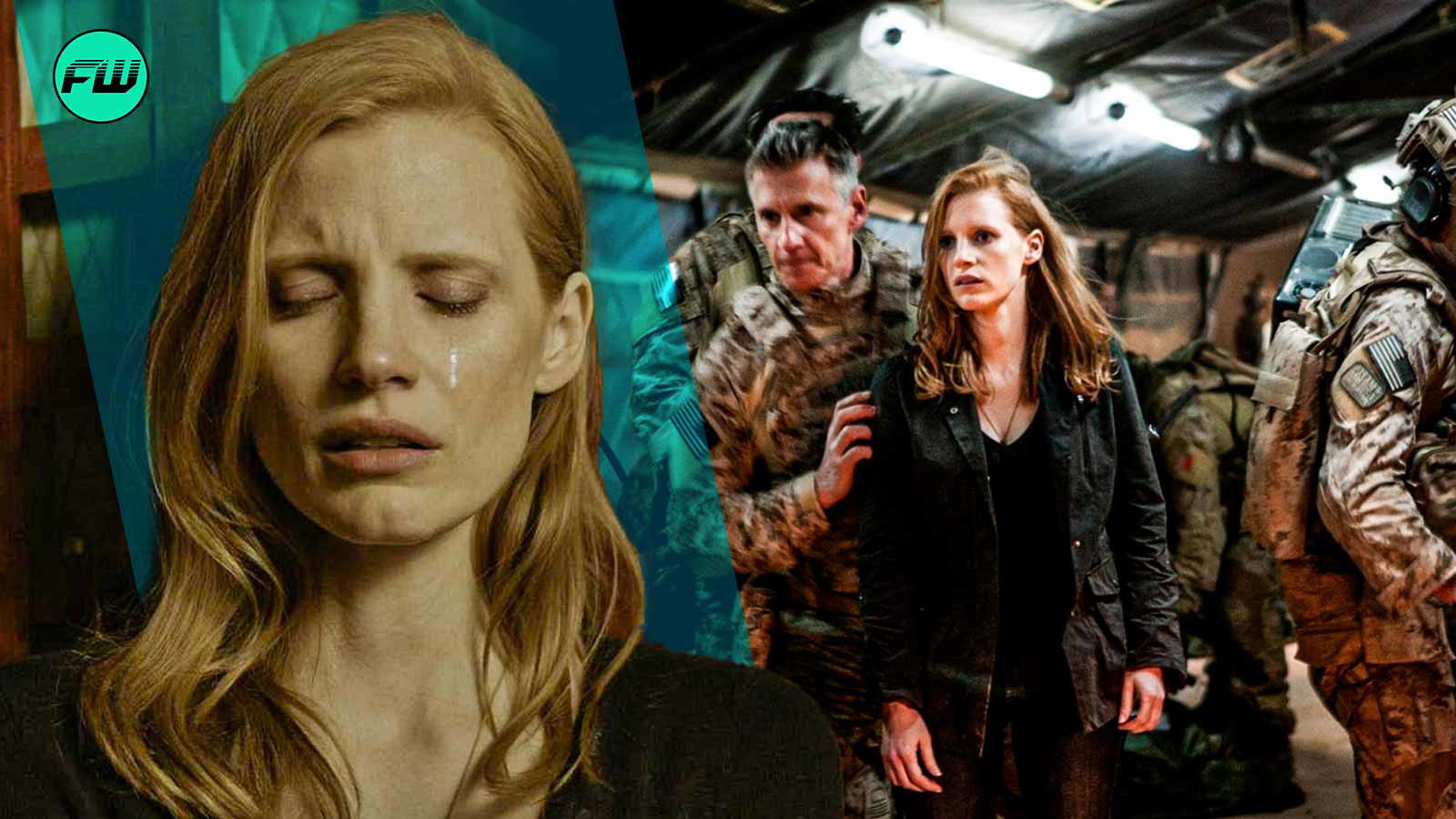
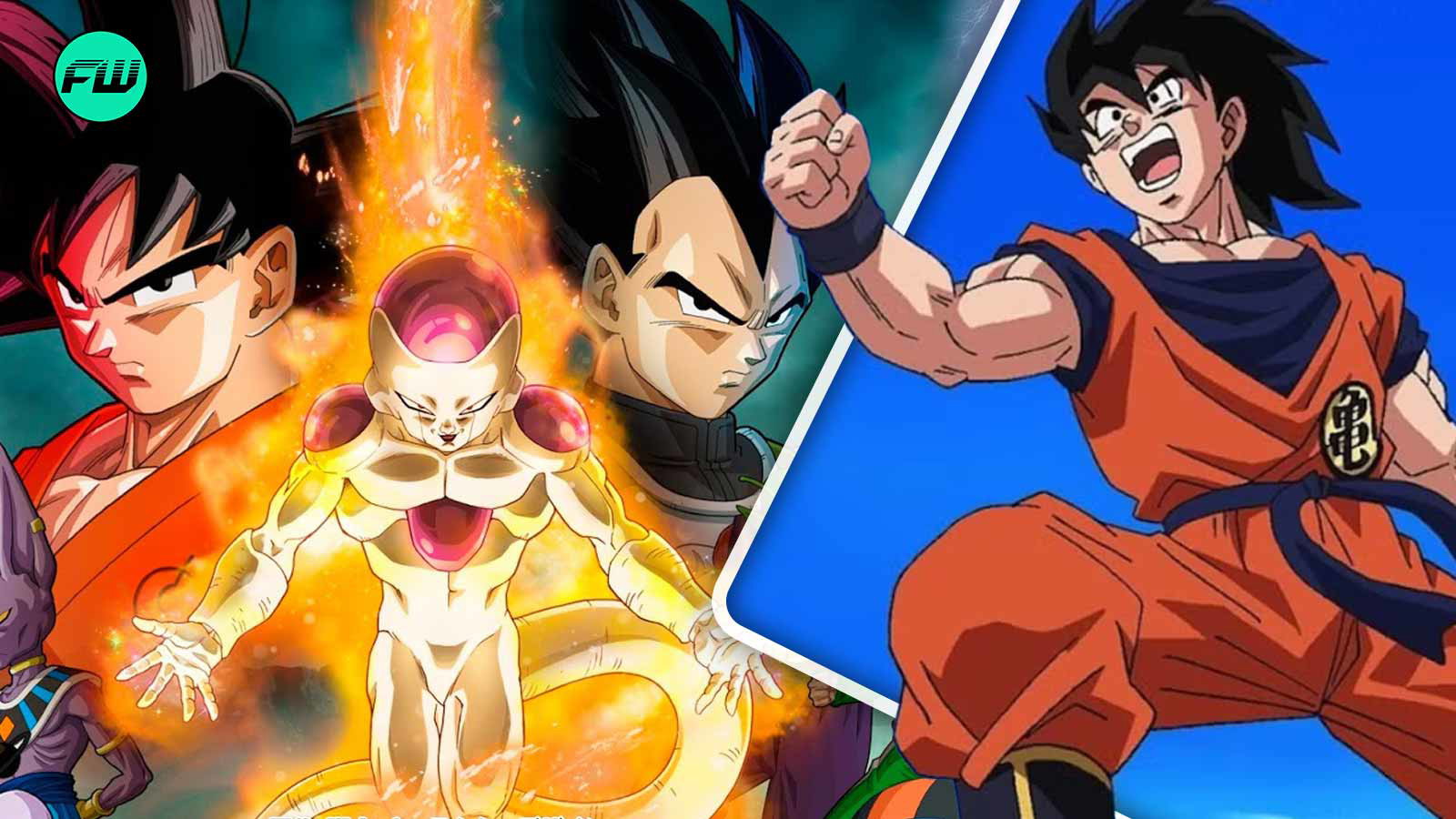
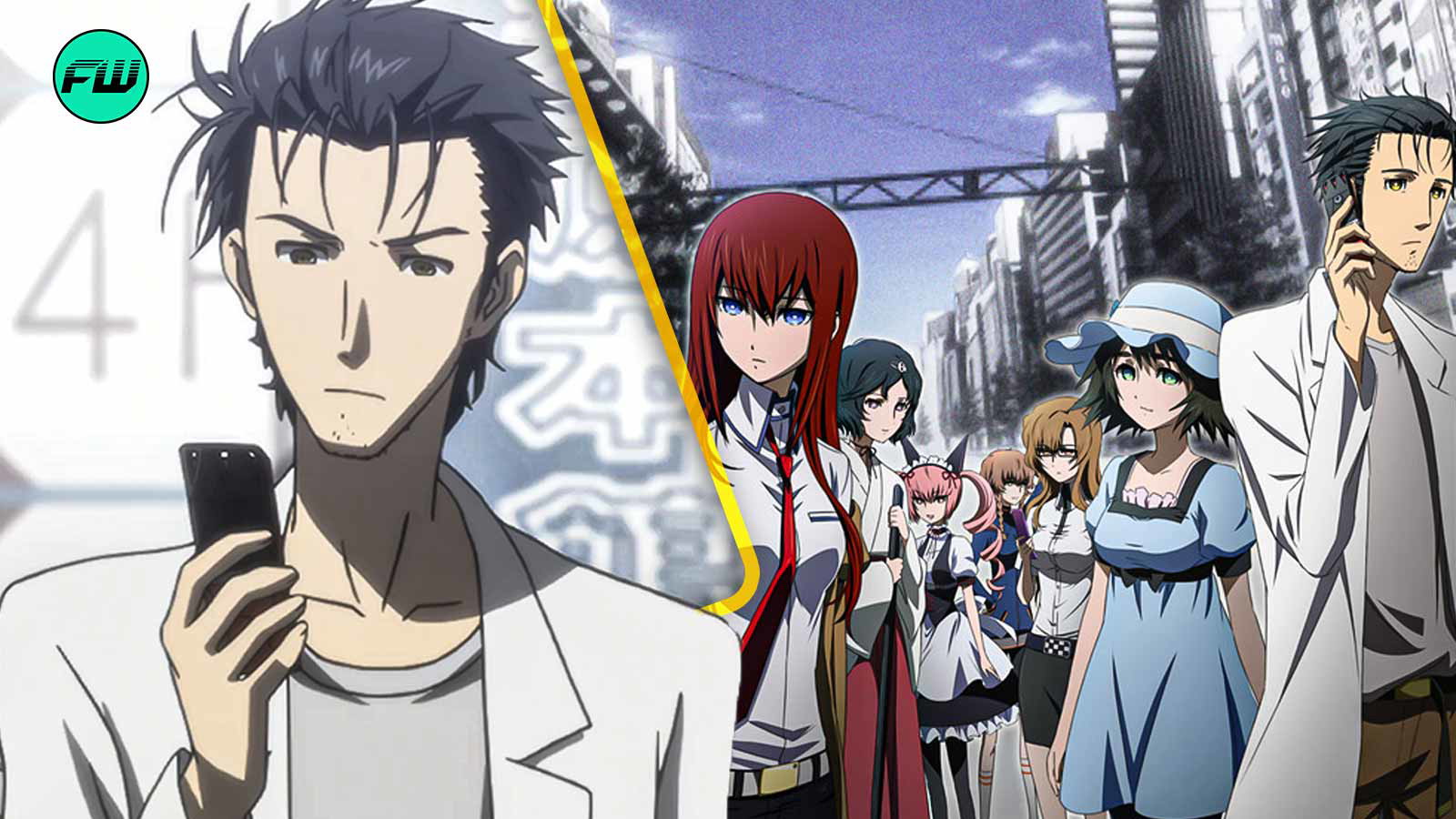

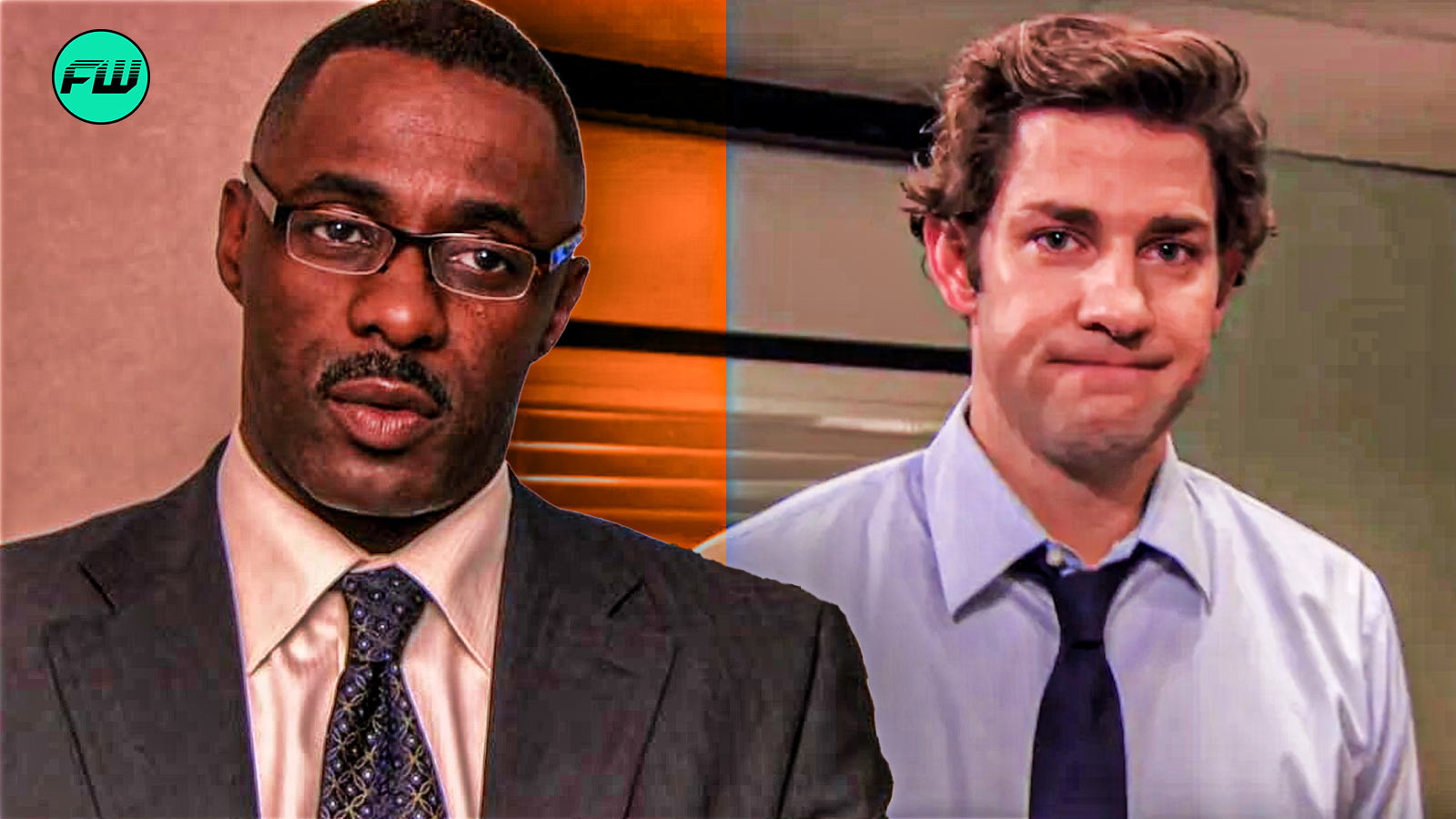
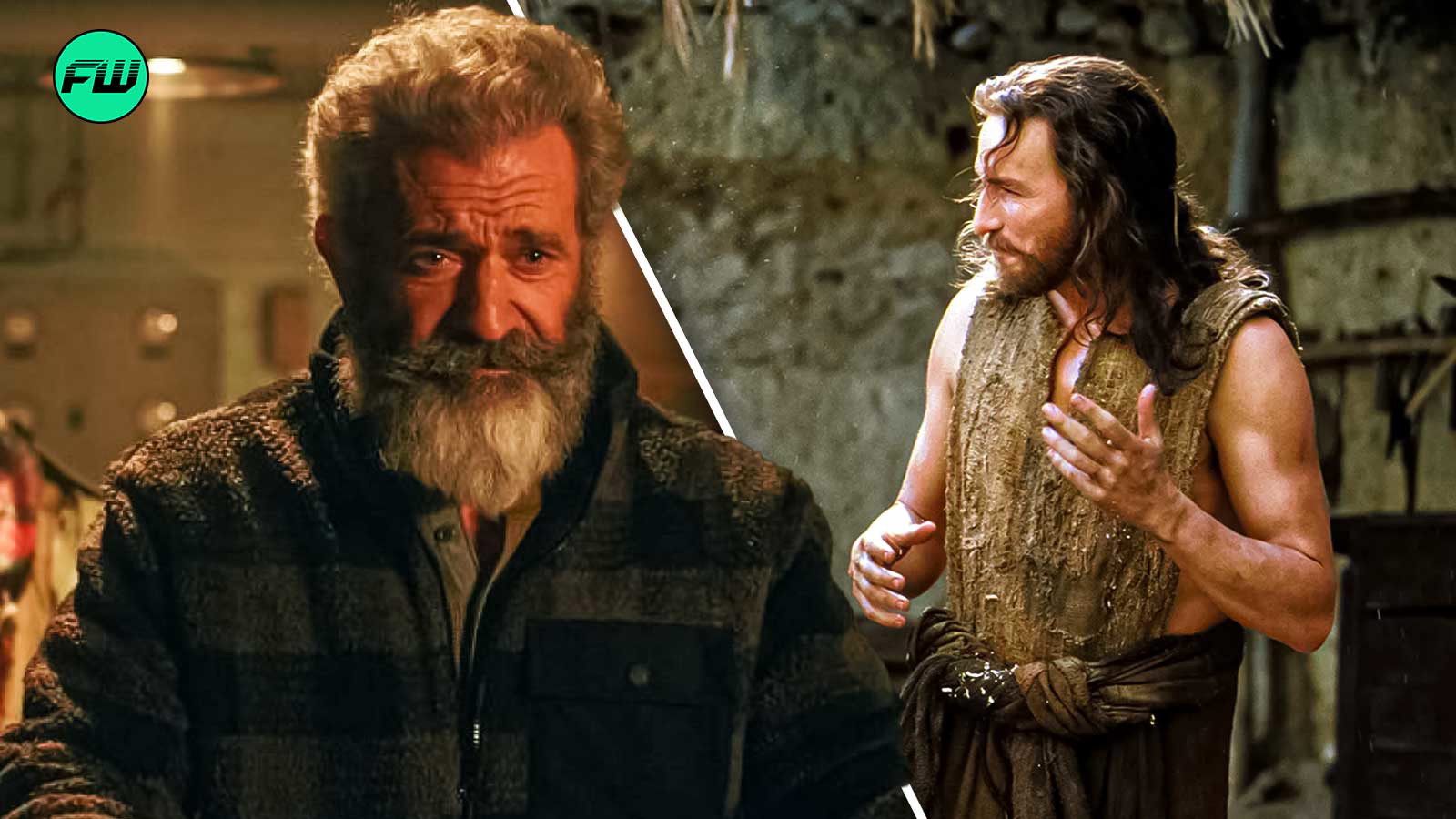
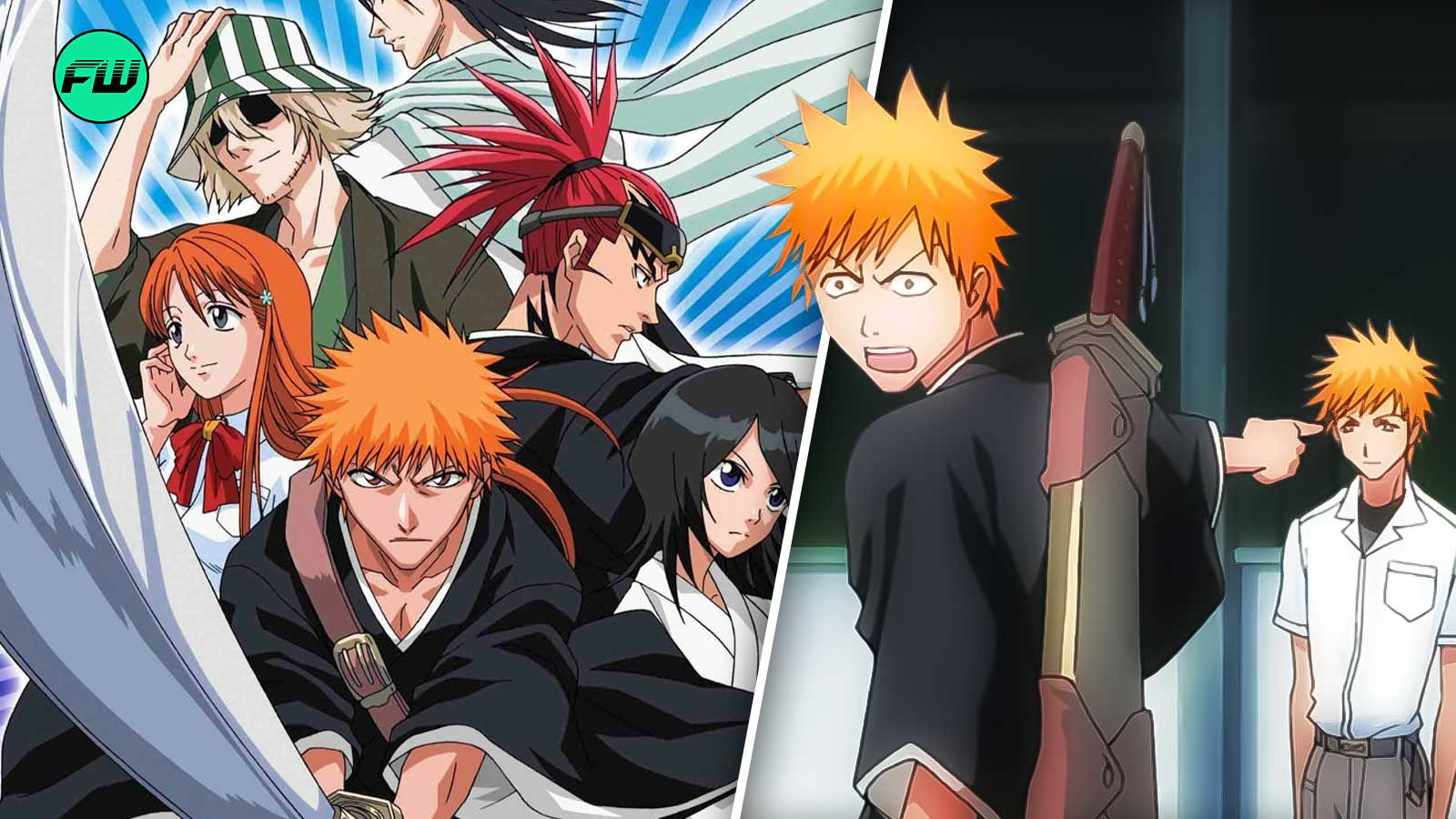
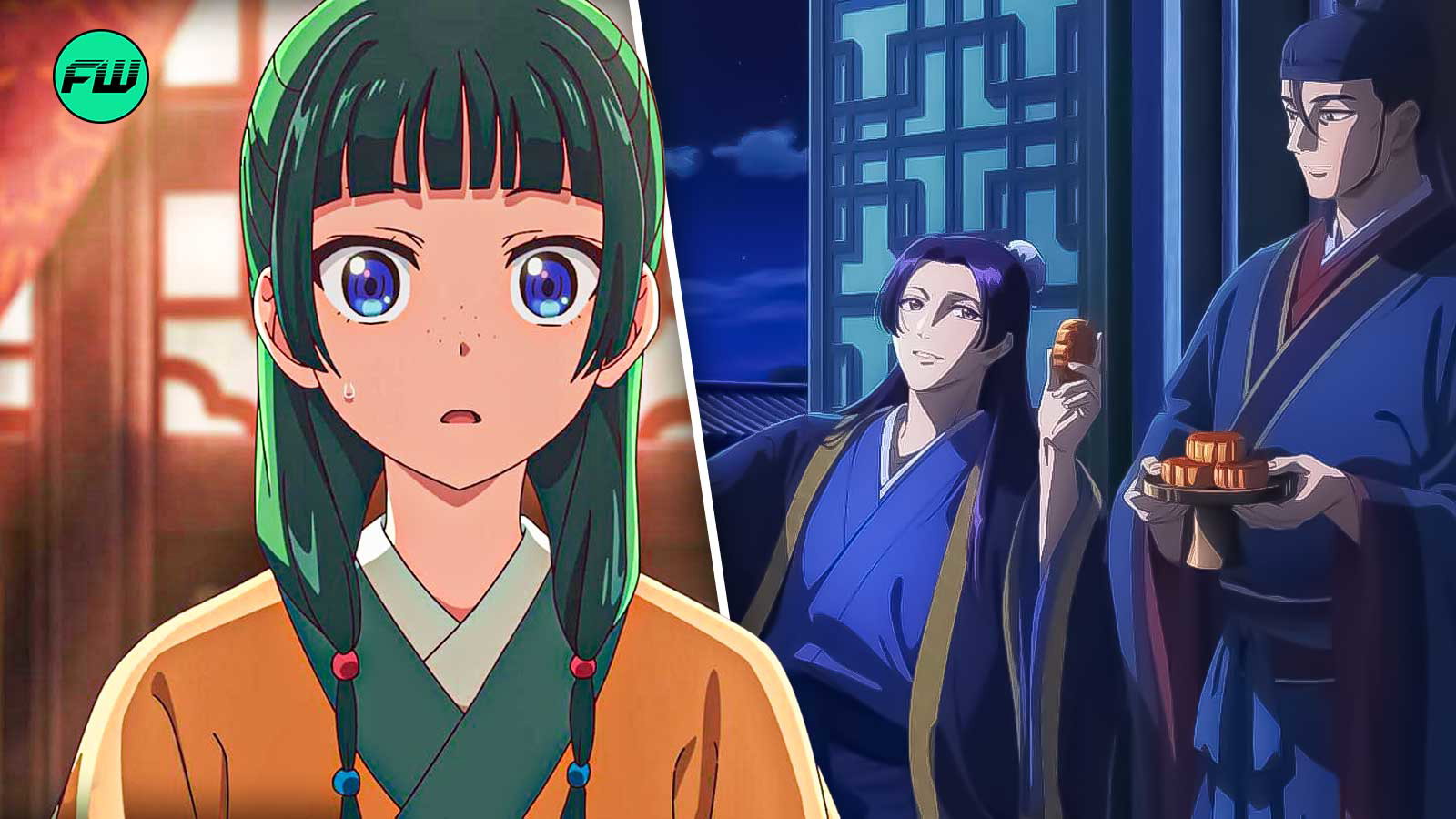
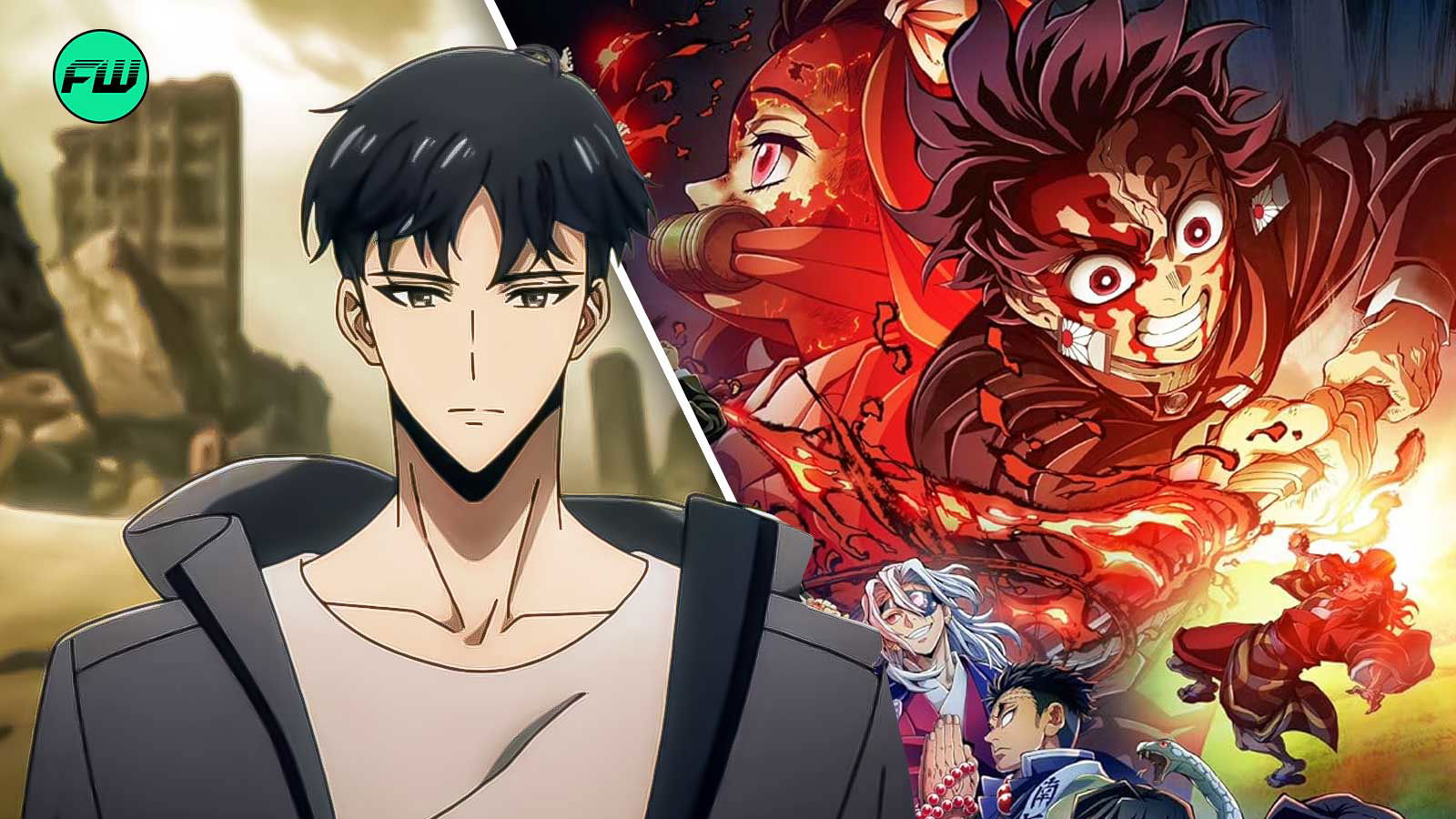
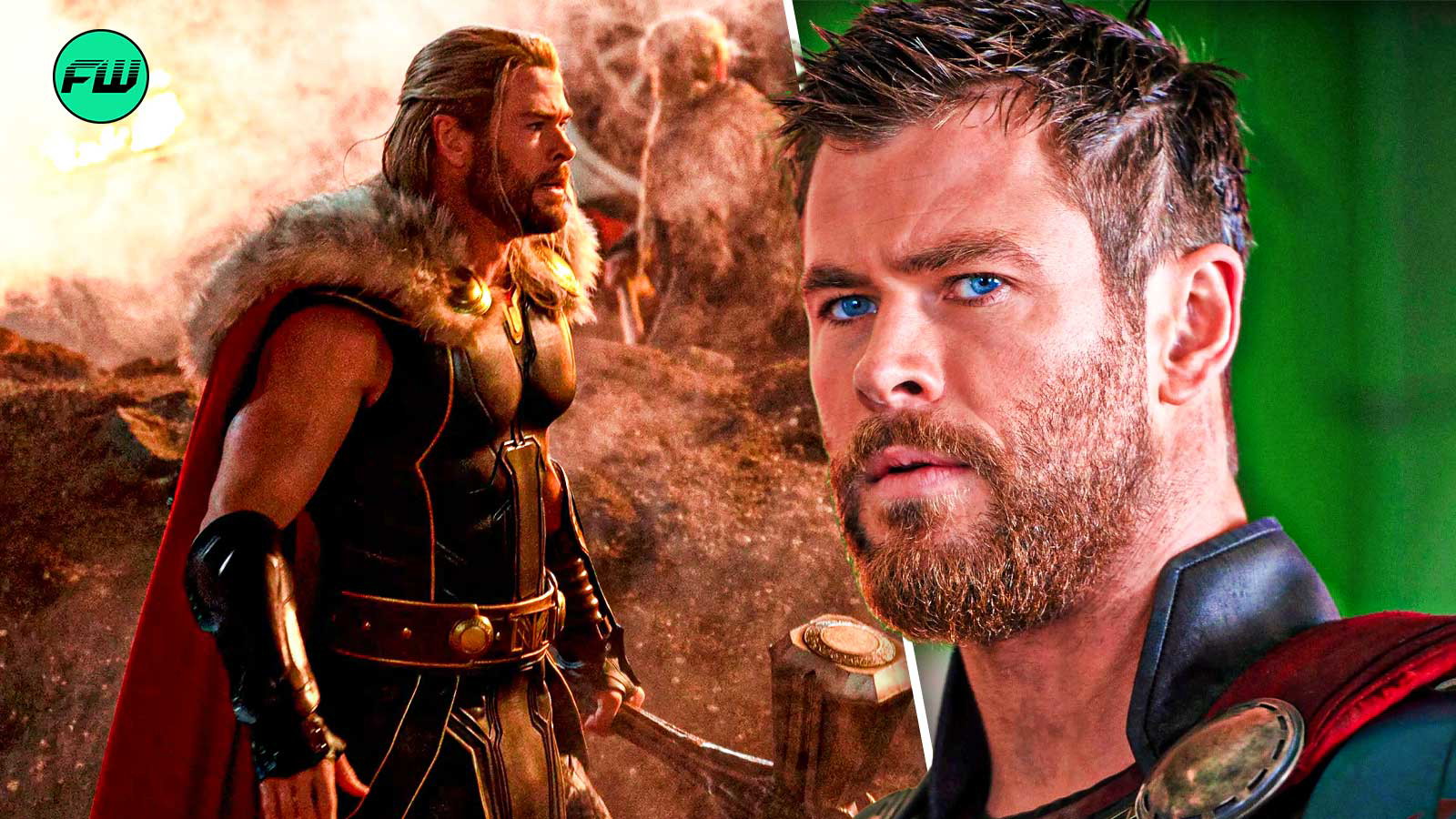
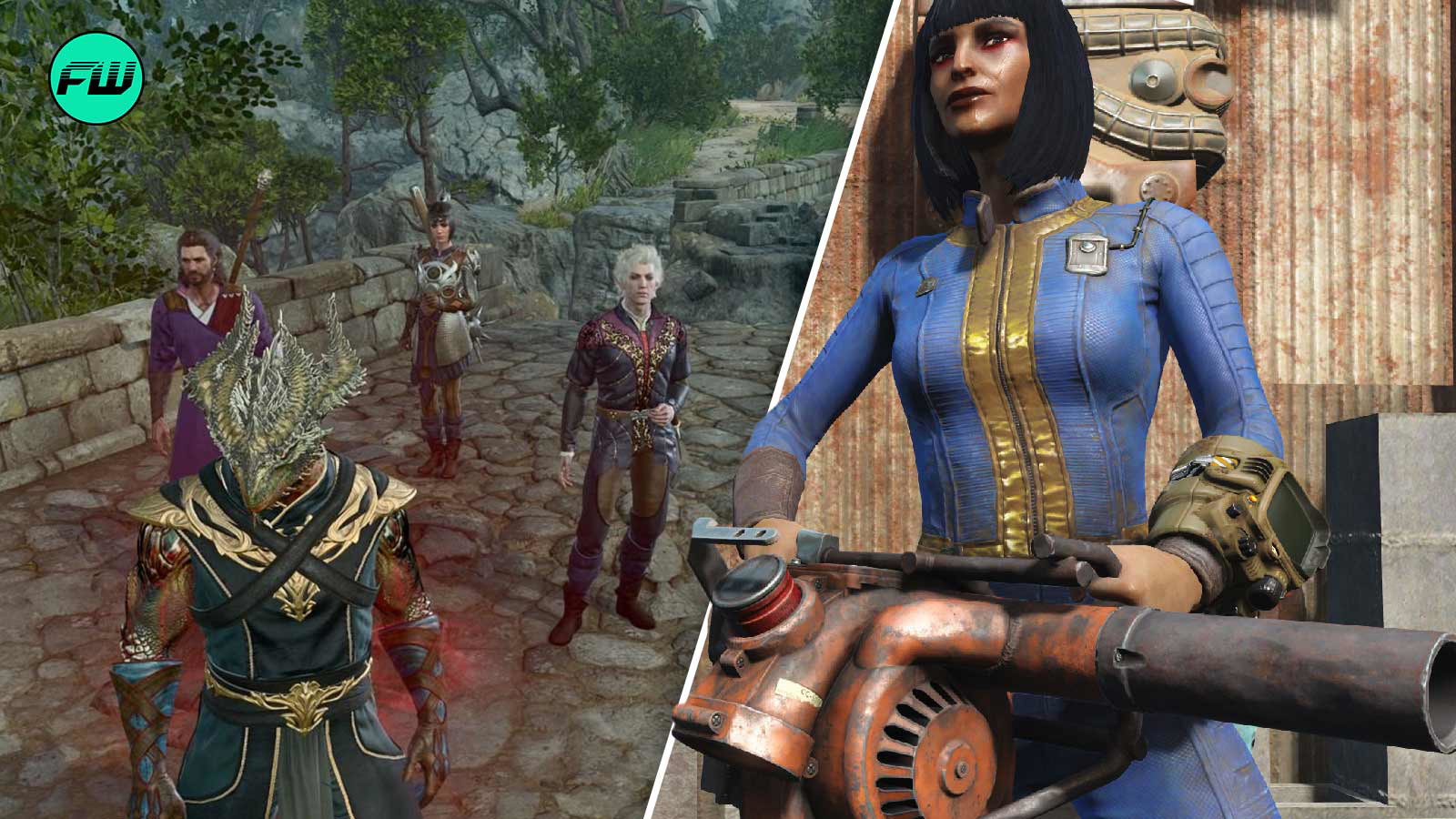
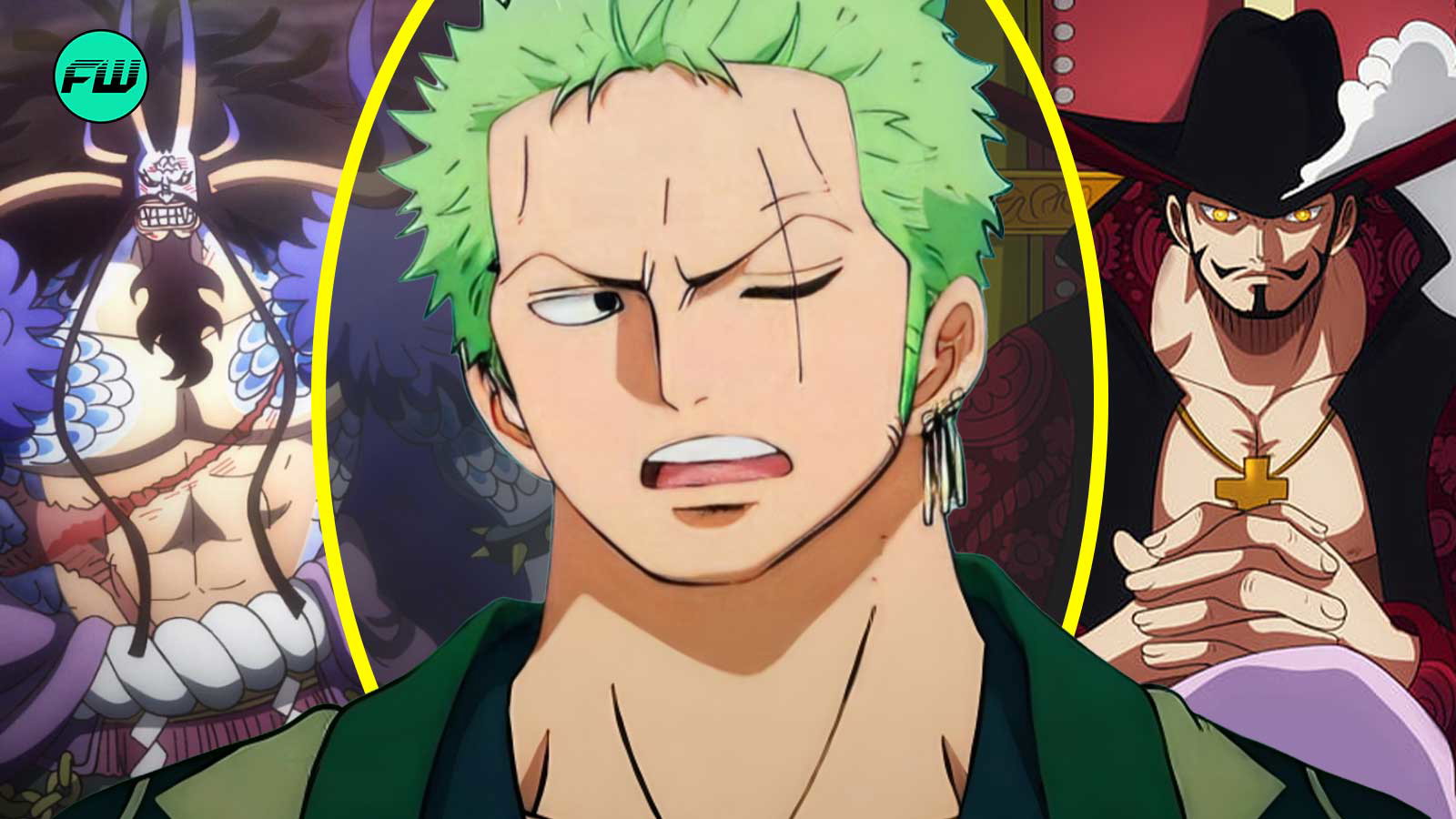






















 Bengali (BD) ·
Bengali (BD) ·  English (US) ·
English (US) ·